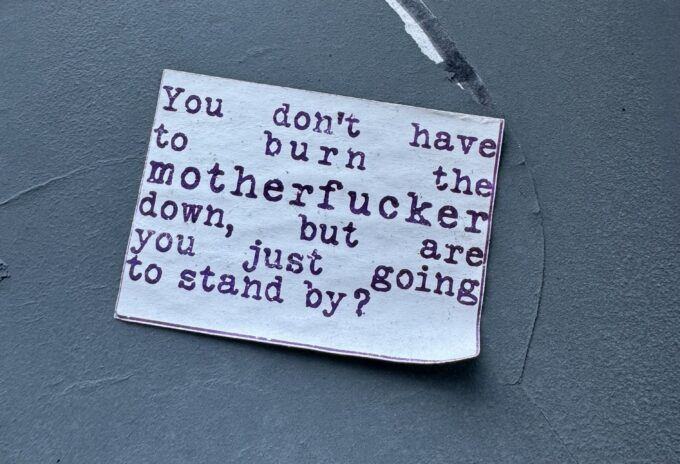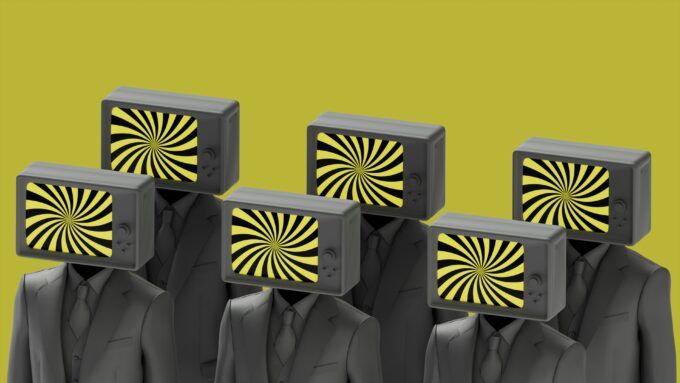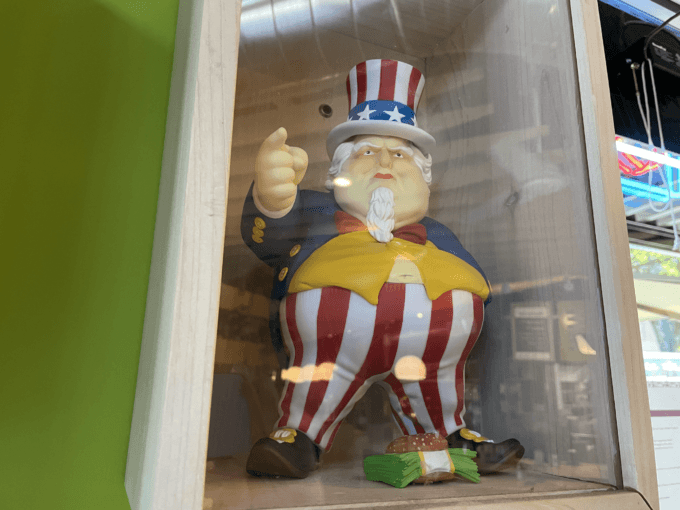
Dying Younger
Published on http://www.counterpunch.org/
“Between 1999 and 2013, white middle-aged men and women in the United States, especially those with only a high school education, began dying at a sharply increased rate…”
— Editorial, The New York Times. November 5, 2015.
“The mass of men lead lives of quiet desperation. What is called resignation is confirmed desperation. From the desperate city you go into the desperate country.”
— HD Thoreau, Walden
“The greatest hazard of all, losing one’s self, can occur very quietly in the world, as if it were nothing at all. No other loss can occur so quietly; any other loss – an arm, a leg, five dollars, a wife, etc. – is sure to be noticed.”
— Kierkegaard, The Sickness Unto Death
Let us call Thoreau’s “mass of men” what Hillary calls them, “Everyday Americans,” which now include women. Thoreau’s “Everyday Americans” had gone far from simple living and self-sufficiency while society itself had gone far from the authenticity of Nature. Result: quiet desperation.
Marx perceived an alienation of the worker from his work and thus an ontological discontent emerging from the restriction of “conscious life activity.” Marx would be willing to include “Everyday Americans” in this drama of alienation.
Thoreau’s account of desperation seems now very “back in the day.” “The rule is to carry as little as possible” seems no more than good flight advice. And when Marx writes of “conscious life activity” (CLA) as terminated by the way in which capitalism has alienated worker from work, he’s picking a fight with all those who look forward to the liberation of “Everyday Americans” from work and the amazing “conscious life activity” leisure promises. One of our Everyday Americans, unemployed, on a couch with a beer watching TV at 3PM is sure then to register high levels of CLA.
What two Princeton economists have recently reported is a rise in deaths caused not by the body’s collapse but a collapse in a psyche’s stability, a fall, as Freud would have it, into the domain of a death drive, one that could no longer be harmonized with a life instinct, a balancing of Eros and Thanatos. “[D]eath rates among this group are being driven …by an epidemic of suicides and afflictions stemming from substance abuse: alcoholic liver disease and overdoses of heroin and prescription opiods.” (Gina Kolata, “Rise in Deaths For U.S. Whites in Middle Age,” The New York Times, Nov. 3, 2015)
The deep sadness of this reportage urges us to search for causes, always in the hope of remediating the situation, but realizing that what pushes us toward despair has deep, subliminal roots, both personal and cultural. The search for answers is almost waylaid at the start when we consider that it is the culture producing this startling trend toward dying that is conducting the search. That the problem here, a fatal problem, is uniquely an American one —North American, United States — is revealed in the fact that “other nations suffered similar or even worse economic slowdowns without a change in mortality rates.” (New York Times, Editorial)
Both the “creative destruction” of our runaway economic system and the plutocracy that it has led to might at first blush explain much here in searching for answers. But the correlation between hardship and mental state of mind, at least as expressed regarding optimism or lack of, is not as expected. In an analysis of how different demographics responded to the aftermath of the Great Recession of 2007, the Pew
Foundation found “that blacks, Democrats and, on most questions, younger adults are more likely than whites, Republicans and older adults to hold positive views about the national economy and their personal finances, regardless of their income, education, gender or whether they have had difficulty paying their bills, making mortgage or rent payments; getting or paying for medical care; or have had to cut spending during the recession.” What we can conclude is that either those in the process of “losing oneself,” as Kierkegaard puts it, are lying or unable to express their loss. The latter makes sense because if one is already in such a lost state, one responds appropriate to the condition of an anomie that exceeds our understanding, a “sickness unto death” that we no longer can estimate given our resident value system, which is purely economic and restricts social value to the profit making of corporations.
An inner sense of capable identity and harmonious well-being can be totally demolished without one being consciously aware of what the surrounding demolishing forces are. And if one is aware of what they are, that awareness may not lead to an understanding that is life-saving. I therefore hold that an effecting variable in this trend toward dying is an economic system that cripples many while aggrandizing the lives of others. I see also a connection between having “only a high school education” and the peculiar bent of American education toward a market driven concept of learning and away from the development of a learning process that has lifelong sustaining value, psychologically and ontologically.
In the collapse of any realistic form of economic success to be achieved by those with “only a high school education,” the absence also of learning processes that ground foundationally a continuous human self-development and societal interrelationship is a death blow.
The U.S. is more susceptible to existential despair than Europeans are because we have played for higher stakes, thrown down on the roulette table a greater amount of optimism regarding the future. And, most significantly, placed the entire fulfillment of that optimism on the shoulders of the individual, an individual whose identity is already ensnared within unfathomable complexities. We have allowed greater dreams to invade our souls, an American Dream now far less anchored in any observable reality than ever before, a former sustaining exceptionalism now riddled with doubt and disappointment.
Hard times are an active variable here in this narrow but striking demographic of despair revealed by the Princeton study. The replacement of steady work (and its trajectory to reliable, not speculative, pensioned retirement) that we know deeply has been replaced by the frightening advances of “leisure” and “independent contracting, and a “full force free-lance work force” which means only that we are cut loose from any social contract and abandoned in a jungle of predators and victims and we are surely not the predators. What this so-called “freedom” means on the level we must come to know if we desire any understanding of “a trend toward dying” is that it is a freedom to carry on your life on a new, bottomless chessboard in which no one cares for you and you care for no one. Your personal freedom to choose detaches you from Big Government, from archaic and misguided ideas that corporations where responsible for your well-being from cradle to grave, from any concern or obligation to your neighbor, from any duty to anything that lies outside your personal interest. Only freedom denying Socialists, you come to see, deny the rules of a zero-sum game in which for you to win, someone has to lose.
We now have “The Losers” accepting their fate as if they internalized that indictment, that verdict by “The Winners” of what their lives are worth. They are openly accepting but not so openly that we are not surprised by a noticeable collective dying before their time, like the sudden disappearance of the bees. It seems every kind of despair destroys a particularly American life force, namely that “burning in the gut” to compete in the arena of life and succeed, that very American image of a sports event where the “going gets tough and the tough get going,” where “The Winners” take the lemons handed them and make lemonade, where every crisis is no more than an opportunity to display your winning ways. All this no more than an endless stream of entrepreneurial claptrap, a glorification of their own sociopathic ways of winning by the Winners. You need only to listen to Donald Trump to hear all this spinning the entire country into his own boundless narcissism. There is cause to despair in his presence as a viable presidential candidate.
But not every Winner buys his own bullshit, as does Trump. Most are immune, like true sociopaths, to the spin that “The Losers” internalize. Predators never self-destruct because they never become victims of the fantasies of competition, success and personal choices that haunt the lives of their prey. Only the victims wrap their lives around the fictions that the vainglorious employ to preserve their winnings, fictions that have such victims pointing to themselves as the creators, the “free choosers” of their own despair. They agree to the necessity of their own “creative destruction,” applying a Market Rule creed to their own lives. On levels beyond what they can explain or understand, they replace Eros with Thanatos, a life force with a death drive. They transmute dying into a creative act and so lose track, in the deepest ontological sense, of Eros.
A fragmented and fractured education is another significant and shared feature of this “trend toward dying.” We need to delve into this. It may very well be that a market that no longer has need of high school graduates has no interest in either the quality of that education or incentivizing them to go further in their education. Beyond this are market forces set out to colonize public education both for profit and to shape an education that serves the interests of profit. All of this results in a destruction of a learning process of lifelong sustaining force able to meet the continuing challenges that life’s trajectory brings, not equitably but arbitrarily. We have given up reaching toward a maximizing of what will sustain us through the “slings and arrows of outrageous” forces, through the buffeting by the winds of misfortune that visit us all, though not equitably. There is no mathematics to depression and despair or to any of life’s traumatizing experiences. No engineering skills lead you out of the Dark Sun of depression. There is no science to the inanities and confusion of this 2016 Presidential campaign. There are no algorithms to interpret the words of those whose wisdom can enrich our lives and defend us against detouring the energy of our own lives toward a path where we imagine only our own dying. Neither Shakespeare no democratic politics reveal themselves in blueprints.
We are in education clearly in search of a way to teach so that maximum learning occurs. However, the question is: Maximum learning of what? Science, technology, engineering and math education (STEM) is our present answer. In short, people need to learn the skills that will advance and preserve the Prime Directive sequence of Market Rule: Science harnessed to new technology creation, technology harnessed to product innovation, new products securing new patents, patents securing production, marketing dispersing production, greater production enabling greater consumption. End result: profit to shareholders.
The “Everyday American” formerly had a place in this campaign to profit, that of production, but that position, already outsourced and soon to be taken by robotics and AI, leaves our Everyday American “liberated to leisure.”On the education side, there is now also an empty place in our educational vision for our Everyday American because all seats are designed for those who have STEM aptitude, proficiency, interest.
In reality, though, Everyday Americans have seats because part of our American Exceptionalism is our free, universal public education K-12 which is still ostensibly mindful of Jefferson’s words: “An educated citizenry is a vital requisite for our survival as a free people.” This is now countered by the words that are clearly behind our notion that STEM is what we should learn. “Market Rule and what serves it best are vital requisites for the survival of the inequities, political and economic, that Market Rule has created.” If you take Jefferson’s side, you offer the view that good citizens need to be able to read and understand what they read through adept interpretation. We are now, however, closer to requiring courses in computer coding and Wall Street trading than we are to enabling a process by which a kind of learning takes place which creates politically savvy citizens as well as sustaining an individual throughout life.
A trend toward dying is not simply a matter of a poor education, made poor either by the poor quality of the teacher’s or the student’s mind, or both. We have put aside education shaped to advance us outside the boundaries of homo economicus. We are sustaining the status quo of a deep wealth divide, of a plutarchy and are, in many ways and from many directions, witnessing a resulting destruction, what we transcribe as a “creative destruction.” The price for leaving a sad demographic with insufficient resources, mind and body, is a price we seem, committed as we are to our zero-sum game, willing to pay.














